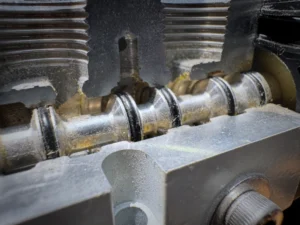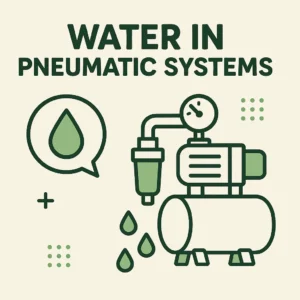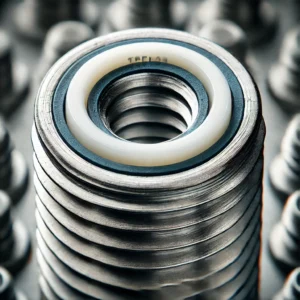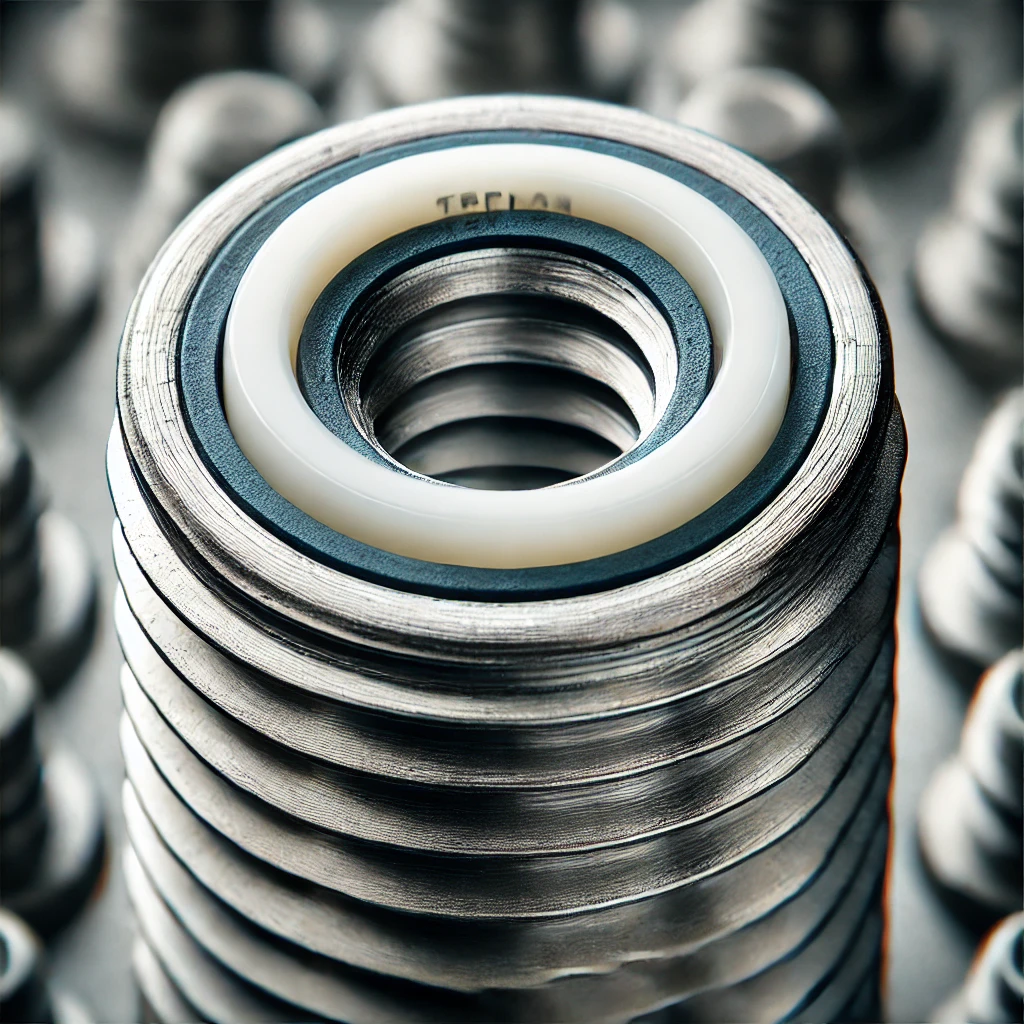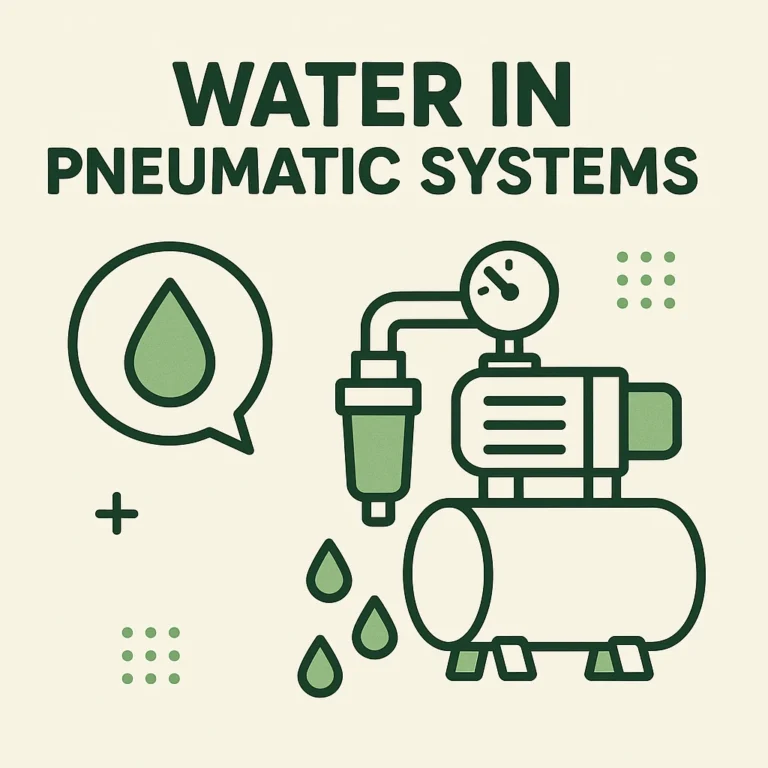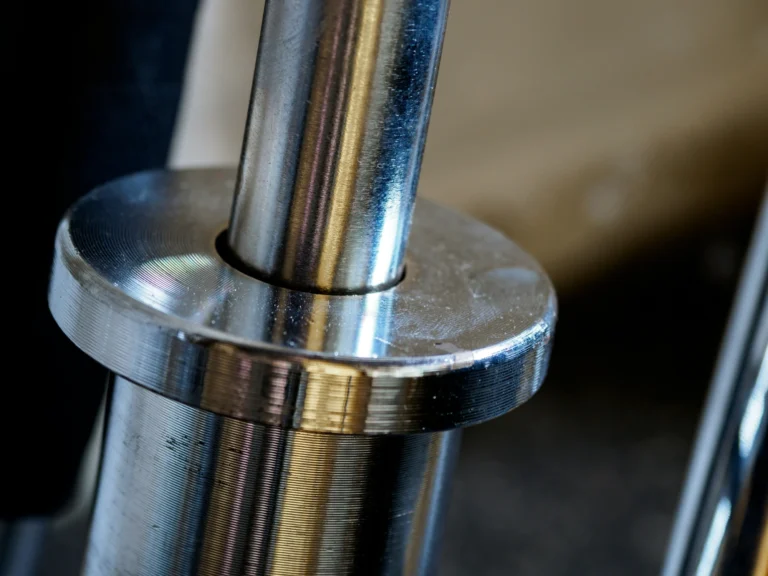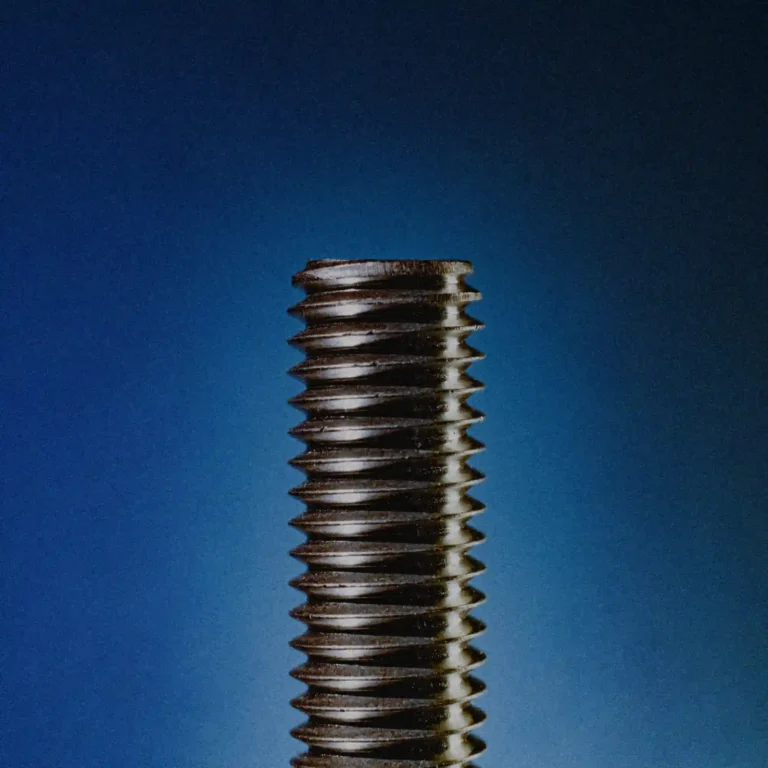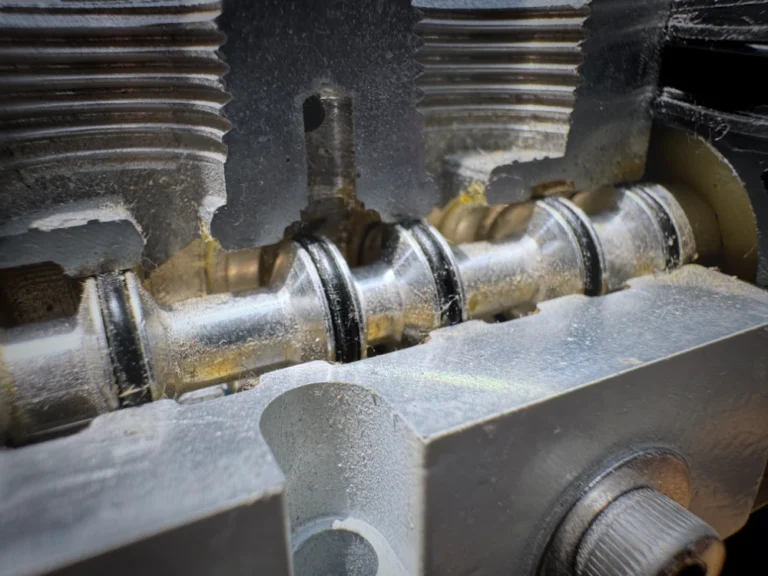In industrial and plant settings, piping systems must ensure the safe transport of fluids such as water, oil, air, and gas. To achieve this, a highly reliable connection method is essential. BSP (British Standard Pipe) and NPT (National Pipe Thread) are widely used for the following reasons:
1. Importance of Pipe Connection and Sealing
Preventing leaks in industrial piping systems is crucial. General-purpose mechanical threads (ISO Metric, UN threads) do not consider sealing, requiring additional sealing measures when connecting pipes.
- Tapered pipe threads (NPT, BSPT) create a natural seal by compressing the threads as they are tightened.
- Parallel pipe threads (BSPP/G) do not have an inherent sealing function but can achieve a reliable seal using O-rings or gaskets.
- NPT (American tapered pipe thread) has a gradually narrowing thread structure, enhancing its sealing performance. Additional sealants such as Teflon tape can further ensure a leak-free connection.
2. Compliance with Industry Standards and Global Regulations
Industrial piping systems must adhere to international standards, and most countries use tapered pipe threads.
- Europe and Asia primarily use BSP (British Standard Pipe).
- The United States and Canada primarily use NPT (National Pipe Thread).
- Global industrial standards such as ISO, ANSI, JIS, and DIN also recognize pipe threads as standard specifications.
While standards may vary by country and industry, BSP and NPT threads are widely adopted in industrial environments.
3. Stability in High-Pressure and Vibration Environments
Industrial plants operate under high pressure (tens to hundreds of bars), high temperatures, and strong vibrations. In such conditions, general mechanical threads lack the necessary clamping force and sealing performance.
- Tapered threads (NPT, BSPT) provide a stronger seal as they are tightened, making them suitable for high-pressure applications.
- Parallel threads (BSPP) can be effectively sealed with O-rings or gaskets, making them preferable for certain low-pressure systems.
- Pneumatic, hydraulic, and gas piping systems rely on pipe threads for their excellent sealing and vibration resistance.
4. Compatibility Between Components and Ease of Maintenance
Industrial piping systems consist of various components such as valves, fittings, flow meters, and sensors. Compatibility between these components is essential.
- Pipe threads are standardized globally, ensuring compatibility across different manufacturers.
- No additional machining is required for pipe connections.
- Since these threads are widely used in global markets, maintenance is simplified.
- Quick and stable connections reduce downtime during plant maintenance.
5. Additional Economic and Practical Benefits
Using BSP and NPT threads in industrial piping offers cost-saving and efficiency advantages.
- Standardized components simplify supply chain management.
- High reliability is achieved without the need for specialized sealing devices.
- Installation and maintenance costs are reduced.
- Broad application across industries such as water treatment, petrochemicals, plants, and HVAC systems.
Conclusion: Pipe Threads Are Essential for Industrial and Plant Piping Systems
- Due to their sealing capabilities, high-pressure resistance, global standardization, and maintenance convenience, BSP and NPT pipe threads are essential in industrial and plant piping systems.
- When designing industrial piping, it is important to use BSP/NPT threads instead of general mechanical threads (ISO M, UN) for optimal performance.

